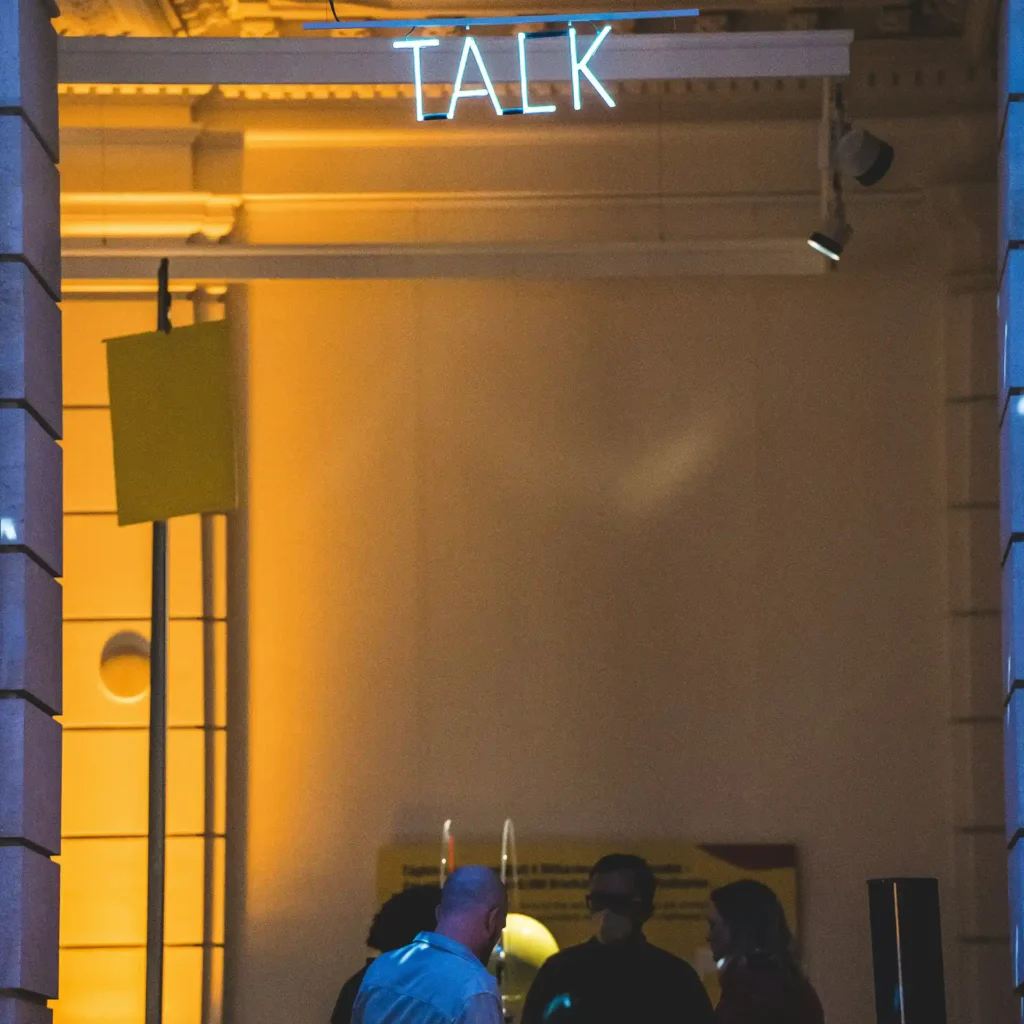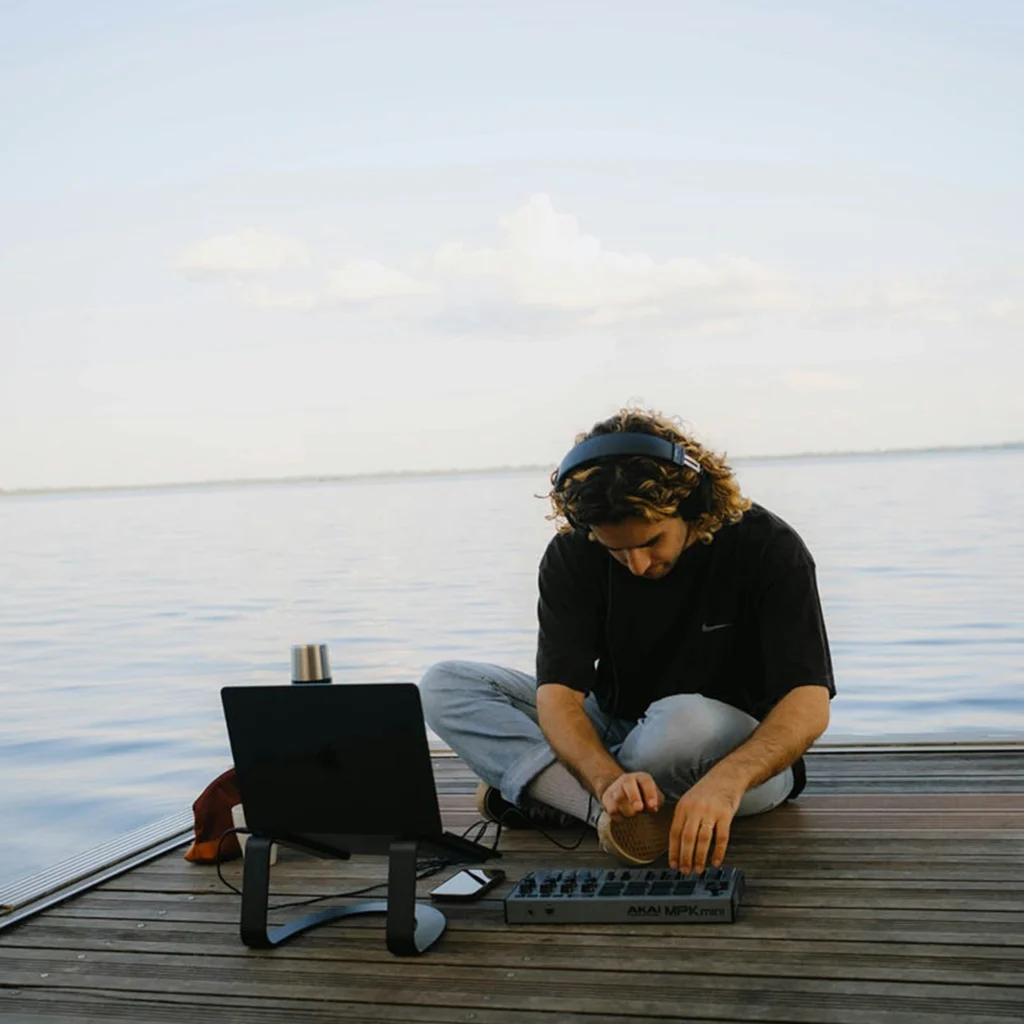
Lessons from 2nd job: work, stress, and the art of letting go- hard truths from IT
Three years in IT Procurement & Business Solutions taught me more than just how to navigate complex workflows and business strategies. It gave me hard-earned lessons about people, workplace dynamics, and personal growth. Some of these realizations were painful, but they shaped my perspective on work and life. Here’s what I learned:
Hope for the best, but prepare for the worst

Photo by Marcus Woodbridge on Unsplash
The first 1.5 years of my job were a dream- great colleagues, a strong team dynamic, and a work-life balance that actually existed. But then, as it often happens in the corporate world, the tides turned. COVID hit, the company was acquired, layoffs happened, and uncertainty loomed.
One thing I learned is that when fear creeps into an organization, people change. Collaboration turns into survival mode, and suddenly, the workplace feels more like a battlefield than a team effort. You can’t fight a company’s collapse, nor can you stop colleagues from cannibalizing each other in a desperate bid to secure their positions. People you once trusted start prioritizing self-preservation over teamwork, and the entire environment shifts from supportive to cutthroat. It’s unsettling to watch colleagues you admire struggle to hold on to their positions, sometimes at the expense of others.
While I’ve always embraced change, I now understand that not all change is strategic or well-thought-out- some of it is just chaos disguised as innovation. A company in crisis can quickly become a toxic place where fear dictates behavior, and once that culture sets in, it’s nearly impossible to reverse.
If I could relive that period, I’d stress less about things beyond my control. I overworked, overthought, and overextended myself trying to keep things afloat, but the truth is, no individual can fight against the collapse of an entire system. When a workplace turns toxic and unpredictable, the smartest move is to stay calm, observe, and make a plan for a graceful exit. No job is worth your peace of mind.
The market is cyclical, jobs come and go, but the stress and burnout from a chaotic job can linger far longer than any paycheck is worth. The impact of working in a dysfunctional environment doesn’t just vanish when you leave; it follows you into future roles, shaping how you perceive workplaces and people. If a job no longer meets the basic criteria of respect, a supportive environment, and fair treatment, it’s not worth your time. Staying for the sake of nostalgia or hoping things will return to how they once were is just delaying the inevitable.
Change is natural, but not all change is worth enduring. When an organization starts crumbling, sometimes the best move isn’t to fight for it- it’s to recognize when it’s time to move on and find a better place to grow.
Your limits are only as strong as you make them

Photo by Orkhan Farmanli on Unsplash
I’m naturally a people pleaser- I genuinely like working with people, and I receive an instant boost of dopamine when I help someone or I can fix a problem. I love solving problems, helping others, and feeling useful. The downside? Some people- whether intentionally or not- will take advantage of that.
There are 2 kinds of people in the workplace: those who respect your boundaries and those who see them as a challenge to overcome. The second group thrives on workplace politics and will gaslight you into thinking their unrealistic demands are your responsibility. I spent way too many sleepless nights mentally rehearsing conversations, trying to anticipate their next move.
I used to be disappointed when people weren’t as nice as I expected them to be. I’d take things personally, wondering what I did wrong. But in reality, the workplace isn’t a utopia, and not everyone operates with good intentions. Learning to separate myself from the emotional toll of dealing with difficult personalities was a game-changer. Instead of overthinking interactions, I started reinforcing my limits in a calm but firm way.
Looking back, I wish I had been more direct. People who thrive on workplace politics enjoy long, drawn-out battles. They test how far they can push you, waiting for you to break. The moment you stop engaging with their mind games and show that their behavior doesn’t affect you, they lose interest. When dealing with toxic colleagues, staying calm and setting firm boundaries is key. Some battles aren’t worth fighting, and sometimes the best response is no response at all. Not every problem is yours to fix, and not every person deserves your mental energy.
At the end of the day, you have two choices: tolerate an unhealthy work environment or remove yourself from it. No job is worth sacrificing your mental health. If you find yourself constantly justifying staying in a place that drains you, it might be time to move on.
Sometimes, talking solves more than doing

Photo by Mika Baumeister on Unsplash
I’m a doer. I like execution over endless discussions. But I learned that sometimes, doing more doesn’t mean achieving more.
At one point, our company was going through a massive redesign- new website, new e-commerce platform, new identity. Our CEO was deeply involved (read: overly involved), and we ended up with 20+ versions of the website, each one feeling like a step further into design limbo.
When you hit the 4th or 5th version of something and still don’t have consensus, it’s not a design issue- it’s a strategy issue. People aren’t undecided on the details- they’re unsure of the bigger picture. Instead of iterating endlessly, I should have asked the bigger questions earlier: What’s the actual goal here? What problem are we solving?
Sometimes, progress isn’t about creating another version- it’s about forcing clarity on the decision-makers.
Clock out, recharge, repeat: the case for a life beyond work

Photo by Ron Lach on Unsplash
This lesson is simple but crucial: work will take as much space in your life as you allow it to. I wish I had done more things for myself- things that had nothing to do with work, deadlines, or deliverables.
Looking back, 90% of the things I stressed about at work didn’t matter the next day. Either they resolved themselves, became irrelevant, or everyone simply forgot about them. Work should never consume your entire mental bandwidth. Make space for life outside of it.
Creativity needs fuel

Photo by Malen Almonacid Trossi on Unsplash
One regret I have is not dedicating more time to self-learning. As designers, we’re not an endless well of creativity. We need to recharge, get inspired, and keep evolving. Whether it’s finishing that online course you bought on impulse, diving into a podcast, exploring your hobbies, or organizing a knowledge-sharing session with your peers- learning is what keeps us sharp and engaged.
Creativity is like a muscle. If you don’t use it, it weakens. If you don’t feed it, it starves. Keep that inner creative child alive, and you’ll do your best work while actually enjoying the process.
The beginning of any career feels overwhelming, but growth is a process, not a race. Absorb knowledge, take care of yourself, and don’t let doubt keep you from speaking up. Every designer starts somewhere- the key is to keep going, one lesson at a time.
Three years in IT Procurement & Business Solutions gave me a crash course in resilience, boundaries, and personal growth. Would I do it all over again? Maybe. But would I do it differently? Absolutely.




